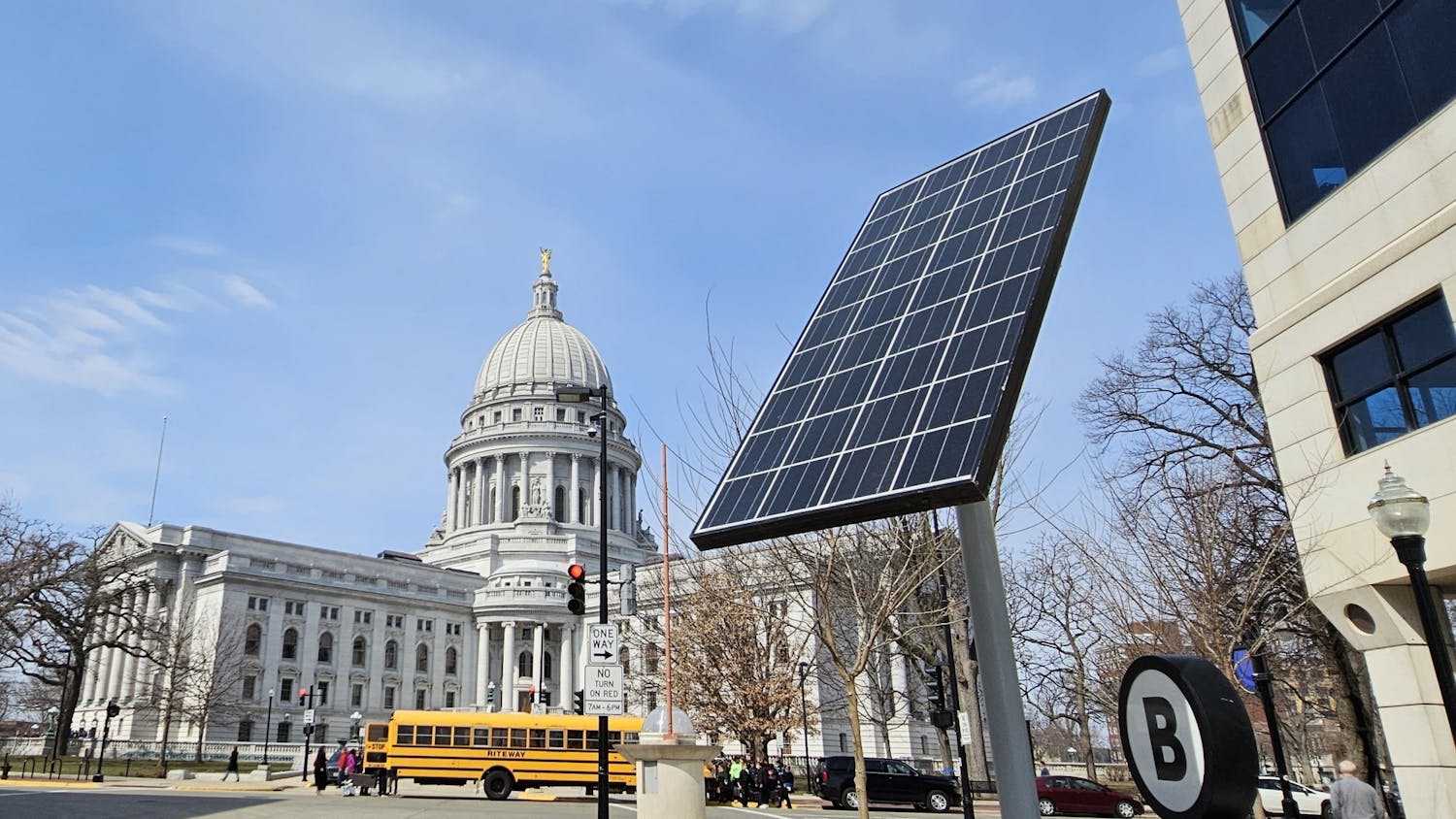Wisconsin banned the death penalty in 1853, but as the Legislature looks at reinstating the death penalty, the State Bar of Wisconsin and the UW-Madison Law School invited a slate of anti-death penalty activists to address the issue Monday.
Former Illinois Gov. George Ryan said he did not think about the death penalty until 1977. A bill to reinstate the death penalty in Illinois was up for debate in the Illinois Legislature and an opponent of the legislation spoke out against it, asking the members of the legislative body how many of them would be willing to act as executioners.
Ryan said, although he did not feel he would be willing to carry out a death sentence, he allowed for the execution of one criminal when he was governor.
However, in light of the growing number of errors in the system, Ryan issued a moratorium on the use of the death penalty and convened a commission to study its use. When Ryan did not see any changes in the system, he commuted the sentences of 167 death row inmates and pardoned four.
\We have a shameful record [in Illinois],"" Ryan said. ""Thirteen out of 25 inmates [since 1977] were exonerated. Twelve were executed. You do better flipping a coin: live or die.""
Chris Ochoa spent 12 years in a Texas prison, convicted of a crime he did not commit. Ochoa was a self-described normal guy, but in 1988, Texas police accused him of rape and murder. After an interrogation lasting several days, police coerced a confession from him.
""They told me if I don't cooperate with them I'll end up on death row,"" Ochoa said. ""They used the death penalty as a threat, whereas it's supposed to be a deterrent. What failed me was the police. In my case it was the confession. They manipulated it to fit what they knew.""
The confession Ochoa later signed was prepared by the police. He said to this day he has not read the confession.
Ochoa eventually contacted the Wisconsin Innocence Project, hoping DNA testing would prove his innocence. With help from UW-Madison law Professor Keith Findley, Ochoa was exonerated by a combination of DNA testing and a confession from another man.
Jeanette Popp, mother of the victim, said she felt the justice system had failed and urged the state of Wisconsin to not adopt the death penalty.
""You don't have the stench of death on your hands. We don't have that in Texas. I am going to ask you, in loving memory of my daughter, don't bring the death penalty to Wisconsin,"" Popp said.
Popp said she found solace in working to help others like Ochoa.
""I still don't have my daughter back,"" Popp said. ""But I have a cause. I am going to stop the damn killing machine in the state of Texas if it's the last thing I do.""
Ochoa will enroll at the UW-Madison Law School in the fall, to study criminal law.
""I had one senator say... 'How could I say the system is broken when the system exonerated me eventually?'"" Ochoa said. ""I said, 'how could it not be broken if I lost 12 years of my life?'\





